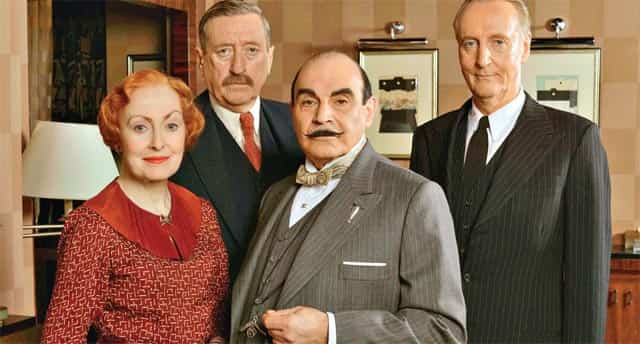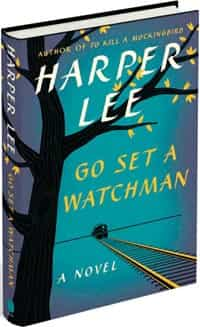Why some fiction characters have such a grip on our imagination?
Why do some fictional characters have such a powerful grip on our imagination? Why do we feel so invested in certain fictional characters? Why do their fates so absorb us? Why do we feel outraged on their behalf when their creators do the dirty on them?
So, Atticus Finch turned out to be a racist so-and-so. Now, who could have seen that coming? Not me, not the many millions of other readers who loved the upright, righteous lawyer of To Kill A Mockingbird.
No, not even his adoring daughter, Jean Louise Finch, better known to us as Scout, who suffers a full-scale nervous breakdown when she discovers the ‘truth’ about the father she hero-worshipped.
What could Harper Lee have been thinking, when she turned the wise, gentle and just Atticus Finch of Mockingbird into just another Southern supremacist who flirted with the Klan in his youth and now attends ‘Council Meetings’ in Go Set A Watchman to discuss how to keep the ‘Negroes’ in their place as desegregation gathers strength?
By the time you read this, much newsprint would have been spent on articles, columns and book reviews, dissecting the strange and disturbing path Atticus’ character takes from one book to another.
You will have heard from those who insist that Go Set A Watchman was nothing more than a first draft of To Kill A Mockingbird and should never have seen the light of day.
You will have read about how the dark undertones of Atticus’ racism were always present in Mockingbird, if only we had bothered to look.
You may have even followed sly suggestions that the new book was not entirely Harper Lee’s work. And you will probably have made up your mind about Go Set A Watchman after reading it yourself.
So, I am not going to bore you with my views about Harper Lee and her two books (except to say that while Mockingbird remains a classic, Watchman is an interesting case study of how great literature comes into being).
Instead, I'd like to talk about something that has intrigued me for many years now. What is it about certain fictional characters that we invest so much of ourselves in them?
Why do we get so involved in their entirely imaginary emotional lives? And why do we feel so cheated, even angry, when they don’t live up to the image we carry of them in our heads?
Atticus Finch is only the most recent example. But there are many other fictional characters who exercise as great a control on our imagination. And we feel outraged when they are presented as something entirely different without our consent. It seems like a betrayal of the worst kind – because it is.
Yes, yes, we’ve all heard that trite line. The book belongs to the author, as do the characters in it. And it is for her/him to do with them as she/he sees fit. But I beg to differ. I truly believe that the act of reading turns the book into something that belongs to every reader as well.



Catch your daily dose of Fashion, Health, Festivals, Travel, Relationship, Recipe and all the other Latest Lifestyle News on Hindustan Times Website and APPs.





